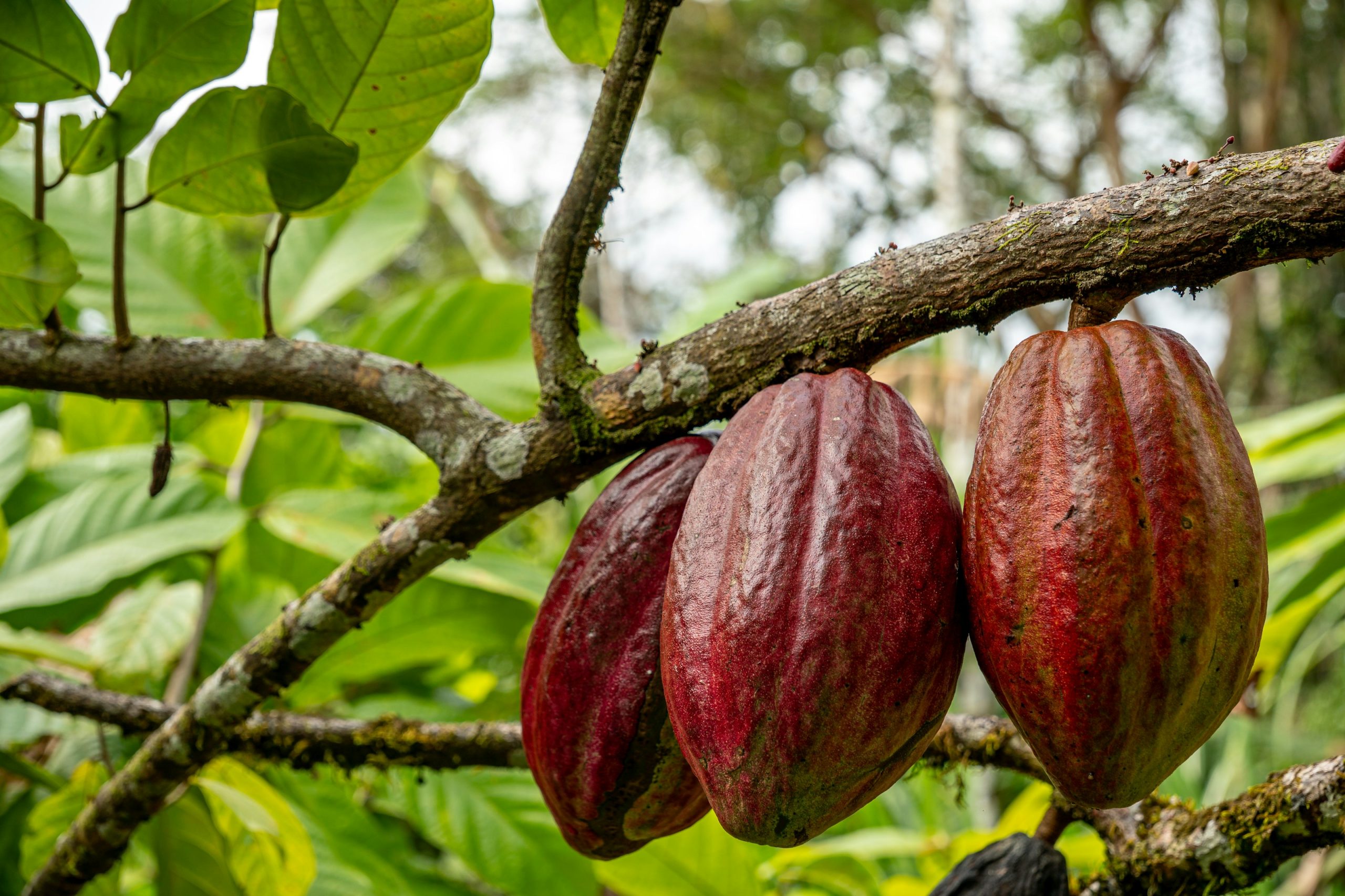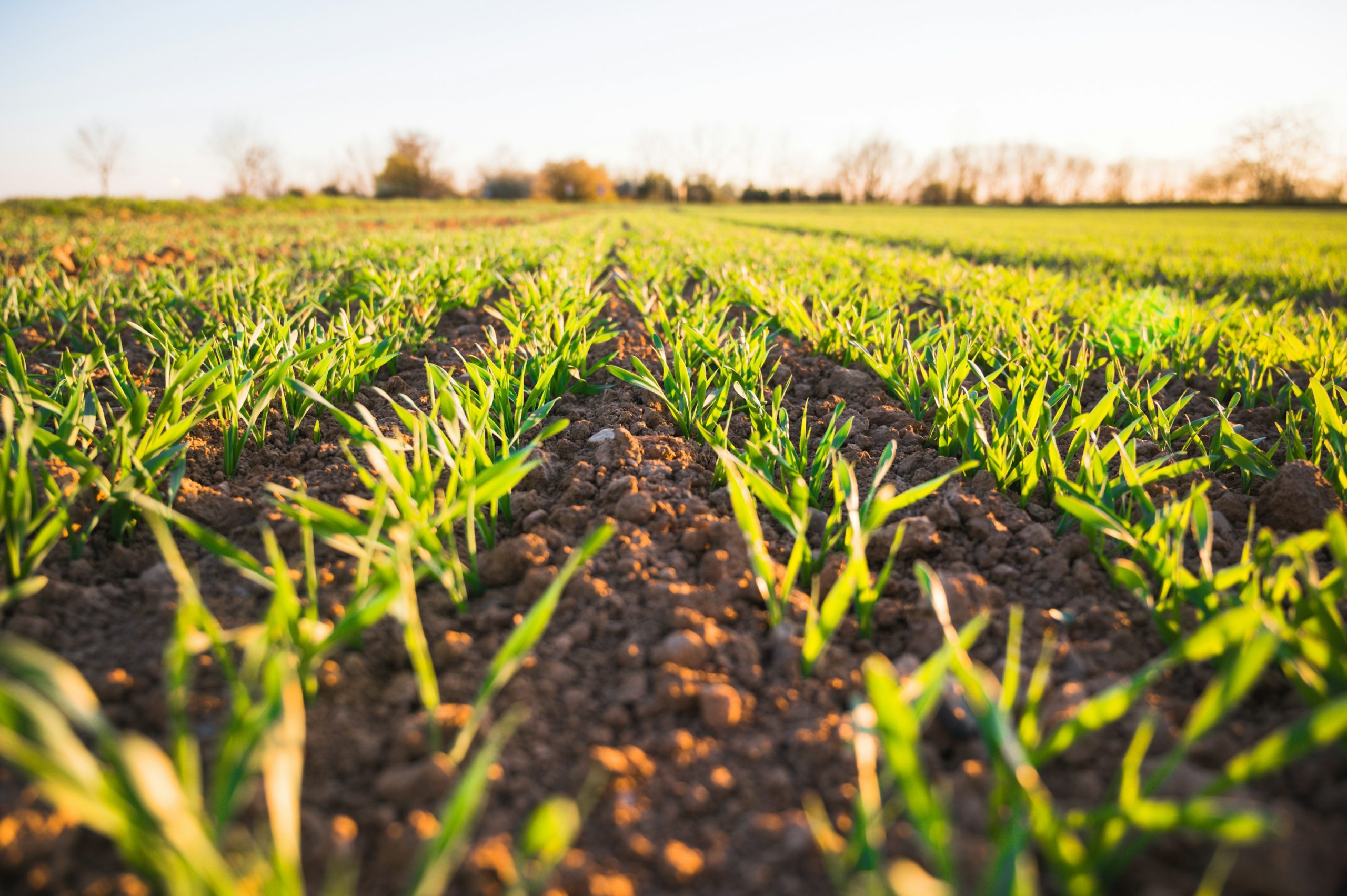A game-changer for the food industry has entered the chat: CRISPR technology. What exactly is CRISPR technology?
According to Innovative Genomics, CRISPR allows DNA to be edited in almost any kind of cell or organism. This is done by repurposing Clustered Regularly Interspaced Short Palindromic Repeats (CRISPR) to make breaks in DNA at precise locations. This could lead to cures in genetic diseases and improvements in agriculture, which is what makes it so appealing for the food industry.
When it comes to agriculture, CRISPR technology can help make crops more resilient to climate, disease and environmental stress, according to a report by Food Manufacturing. Chocolate manufacturers, for example, have been struggling with rising cacao costs due to supply challenges.
CRISPR can help modify cacao to protect it from bad weather, disease and other environmental stressors.
“CRISPR is a tool that presents opportunities to unlock and accelerate the development of diverse traits in crop plants,” Dr. Sarah Garland, PhD in Plant Sciences and founder of Triple Helix, told The Food Institute. “For the food industry, CRISPR techniques can contribute to consumer-facing flavor and nutrition characteristics as well as helping to secure crucial upstream agricultural resilience.”
Mars and Pairwise have announced a collaboration that will give Mars access to Pairwise’s CRISPR tools. These tools include gene editing-tools and enzymes and trait libraries, which enable precise changes that unlock a certain plant’s potential.
Mars aims to use the technology to improve cacao production and take on agricultural challenges such as climate variability, plant diseases and environmental stressors.
“At Mars, we believe CRISPR has the potential to improve crops in ways that support and strengthen global supply chains,” Carl Jones, plant sciences director at Mars, noted in the press release.
“Our focus is to … conduct CRISPR research in plant science that helps crops better adapt to climate challenges, disease pressures and resource constraints,” Jones explained.
That research is expected to accelerate the development of impactful crop traits and allow for the activation or deactivation of characteristics and fine-tuning traits.
“We’re pleased to provide Mars with access to our Fulcrum platform for their cacao research and development initiatives,” Ian Miller, COO at Pairwise, said in the press release. “Plant breeding innovation has the potential to help address important agricultural challenges.”
The Food Institute Podcast
How will the One Big Beautiful Bill Act (OBBBA) impact your food business? Unraveling the implications of new legislation is never easy, but Patrick O’Reilly and Jeff Pera of CBIZ explain how provisions of the bill related to no tax on tips, depreciation and expensing of capital purchases, and research and development will impact the industry.












